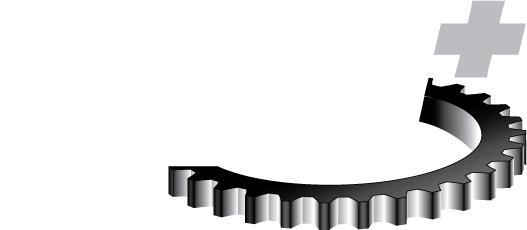
Gear Measurement and Inspection
This course explores all aspects of measuring and inspecting gears according to both customer requirements and / or industry standards. Starting with a quick review of how gears are designed and specified, the course then builds an understanding of how and what to measure. Using data from the measurements, learners develop the ability to translate quality requirements into a usable form that can be applied to the measured gear geometry. Suitability to requirements, function and expectations of the end user can then be integrated into a full appreciation of gear quality.
Learning Objectives
By completing this course, you will be able to identify, recognize or articulate:
- Fundamentals of gear tooth form development
- The four basic measures of gear quality and geartrain suitability to application
- How and what to measure
- How to interpret gear quality requirements
- Overlay measurement results with quality requirements
- The deductive process of cause and effect when the final gear does not meet requirements
Who Should Attend
The intended audience for this course is gear designers, gear producers, people involved in measuring gears, people involved in assessment the finished gear, purchasing and supplier quality and anyone involved in the application or design of gears, or other technical personnel who need to understand the gear quality.
Prerequisites
Because this course is targeted at several design and engineering disciplines, learners should have a B.S. in engineering or related field.
Topics
- What is inspection
- Reading the drawing
- Standards
- Manual measurements
- Dedicated tools
- Automated measurement systems
- Meaning of results
- Other than form
- Quality systems
